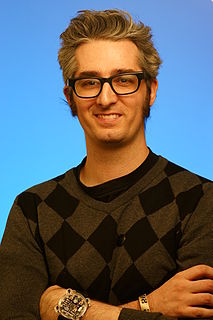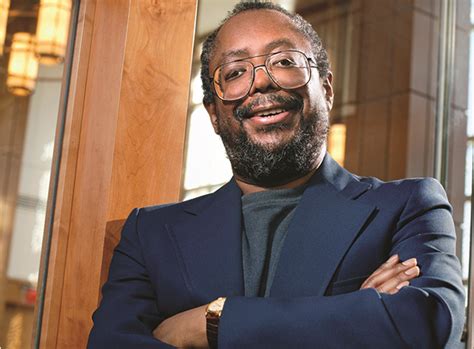A Quote by Dorothy Allison
I want hard stories, I demand them from myself. Hard stories are worth the difficulty. It seems to me the only way I have forgiven anything, understood anything, is through that process of opening up to my own terror and pain and reexamining it, re-creating it in the story, and making it something different, making it meaningful - even if the meaning is only in the act of the telling.
Related Quotes
The only way I have ever understood, broken free, emerged, healed, forgiven, flourished, and grown powerful is by asking the hardest questions and then living into the answers through opening up to my own terror and transmuting it into creativity. I have gotten nowhere by retreating into hand-me-down sureties or resisting the tensions that truth ignited.
Children, only animals live entirely in the Here and Now. Only nature knows neither memory nor history. But man - let me offer you a definition - is the storytelling animal. Wherever he goes he wants to leave behind not a chaotic wake, not an empty space, but the comforting marker-buoys and trail-signs of stories. He has to go on telling stories. He has to keep on making them up. As long as there's a story, it's all right. Even in his last moments, it's said, in the split second of a fatal fall - or when he's about to drown - he sees, passing rapidly before him, the story of his whole life.
My greatest strength as a writer is that I'm a storyteller. But, it was a long, hard struggle for me to make the transition from verbally telling stories to writing them. You'll note I don't dwell on descriptions in my writing, because I'm far more interested in telling the story. There are many better writers in this world, but you'd be hard pressed to find anyone more passionate about stories than I am.
So I found myself telling my own stories. It was strange: as I did it I realised how much we get shaped by our stories. It's like the stories of our lives make us the people we are. If someone had no stories, they wouldn't be human, wouldn't exist. And if my stories had been different I wouldn't be the person I am.
Telling purposeful stories is interactive. It's not a monolog. Ultimately, purposeful tellers must surrender control of their stories, creating a gap for the listener(s) to willingly cross in order to take ownership. Only when the listener(s) own the tellers' story and make it theirs, will they virally market it.
Writers imagine that they cull stories from the world. I'm beginning to believe that vanity makes them think so. That it's actually the other way around. Stories cull writers from the world. Stories reveal themselves to us. The public narrative, the private narrative - they colonize us. They commission us. They insist on being told. Fiction and nonfiction are only different techniques of story telling. For reasons that I don't fully understand, fiction dances out of me, and nonfiction is wrenched out by the aching, broken world I wake up to every morning.
A game: say something. Close your eyes and say something. Anything, a number, a name. Like this (she closes her eyes): Two, two what? Two women. What do they look like? Wearing black. Where are they? In a park. . . . And then, what are they doing? Try it, it's so easy, why don't you want to play? You know, that's how I talk to myself when I'm alone, I tell myself all kinds of stories. And not only silly stories: actually, I live this way altogether.
Film and TV is a very hard profession to enter into if you don't have the ability to take a long period of time without making money so you can write, direct or raise financing, or work your way up, often with unpaid internships. It's hard to get into without a lot of connections. You end up with a lot of white people from privilege making films. So we're seeing a lot of the same kinds of stories.






































